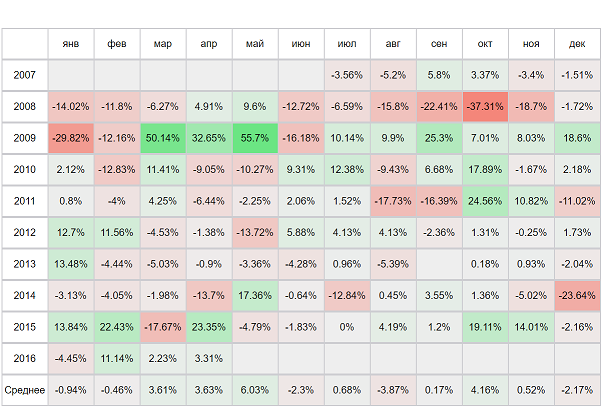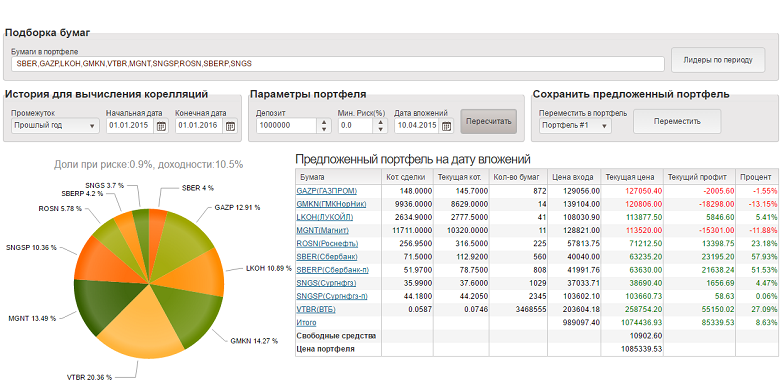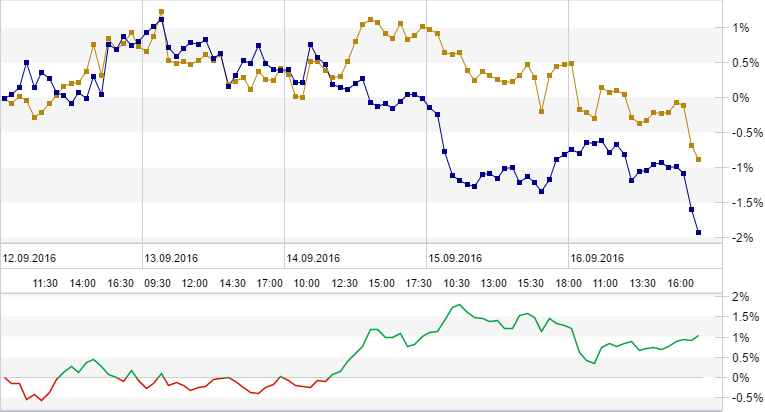 |  |  | |||||||||||
 |
|
||||||||||||
 |  |  | |||||||||||||||
 |
|
||||||||||||||||

Техническая поддержка
ONLINE
 |  |  | |||||||||||||||||
 |
|
||||||||||||||||||
Titles and deeds in real estate | Housing | Finance & Capital Markets | Khan Academy
ruticker 02.03.2025 23:23:36 Recognized text from YouScriptor channel Khan Academy
Recognized from a YouTube video by YouScriptor.com, For more details, follow the link Titles and deeds in real estate | Housing | Finance & Capital Markets | Khan Academy
Let's say that this is me in this column over here, and that this is you in that column over there. And let's say that you are in possession of a nice juicy apple right over here. So, let me draw this apple properly. Let me make the leaf in green. So, you are in possession of this apple, and I'm hungry. I would like to have an apple. I just assume, well, you possess this apple; I assume that you own it. So, I go up to you and say, "Hey, can I buy this apple from you?" And you say, "Okay, yeah, I don't really need it. I'll sell it to you for a dollar." So, I give you a dollar. I give you **$1**, and then you give me the apple. So now I have it. Somehow, the apple got smooshed a little bit in the transaction. So now I have the apple. Now, when I did that transaction, there were some assumptions that were made. I assumed that possession of the apple was equivalent to ownership of the apple. I assumed—whoops!—I assumed possession is equal to ownership. You might be thinking, "Wait, wait! Under what cases would possession not be equal to ownership?" Well, what if you just picked this apple from your neighbor's garden? The rightful owner of that apple is your neighbor, but you just picked it. Maybe you swiped this from the corner store. Maybe you found this on a bench and said, "Okay, well, it doesn't seem anyone else is claiming it, so I'm just going to claim this apple." But maybe someone else had left it on the bench, and then they come back an hour later and say, "What happened to my apple? I'm the owner of that apple!" So, you see that even in the case of an apple, possession might not be equal to ownership. These two things might not be equivalent. But for something as small as an apple, as I guess you could say financially not as important—something that has a market value of a dollar—it might be too much trouble to kind of do a background check on the apple to see, do a forensic analysis to see whose garden the apple came from or to see if someone else had legal title to the apple. For things like apples, we tend to just transact, just assuming that possession equals ownership. Now, let's up the stakes a little bit. Instead of an apple, let's say we're talking about a house. So, let's say that you are in possession of this nice yellow house. Let me draw—we definitely want to visualize what a nice yellow house would look like. So, it's got some windows here, and there's some nice gardening. So, you are in possession of this nice house. What does possession of the house mean? Well, it means you're living in it, you have the keys to the house, your station wagon is in the driveway, your stuff is in the closet, your furniture—you have pictures of you and your family on the wall. So, you seem to be in possession of this house, and you stick a "For Sale" sign out on. So, "For Sale." You put a "For Sale" sign outside of this house, and I'm new to town and I need a place for me and my family to live. So, I say, "Hey, you know, I'd like to buy that house. How much is it?" And you say, "It's **$100,000**." I say, "Okay, that actually seems like a reasonably good deal compared to other houses in this neighborhood. I want to buy it." And you say, "Great!" So, I walk up to you, I write a check for—maybe I even have cash for **$100,000**. So, a little bit more serious transaction than the apple transaction. And then, in exchange, you give me the keys to the house. So now I have the keys to the house. *Try to draw some keys here.* So, keys to the house. And you say, "Hey, just, you know, give me an hour," and you pack up all your stuff, take your pictures off the wall, put them in your station wagon, and you leave. And you say, "Okay, well, I guess I'm just going to move into this house now." You probably are thinking something is suspicious here. Something makes us feel a little less comfortable doing this transaction than this transaction over here because this house—just because the person happened to be in it and had the keys to it—didn't mean that they own the house. So, once again, possession does not necessarily equal ownership. We can think of a lot of scenarios for a house where possession does not equal ownership. They might have been renting the house. They might have been guests in the house, and maybe the owners—the real owners—were off to work, and their faces were in the pictures. Just because they were the owner's brother-in-law or something, maybe they were guests in the house. Maybe they just saw a vacant house. Maybe this is someone else's vacation house, and they said, "Hey, you know what? I know these people don't show up during the summer, so I'm just going to go there, change the locks, have the keys, and I'm going to pretend like I live there. Then I'm going to try to find somebody new to town, and I'm going to sell them the house for **$100,000**." And if you think all of these things are kind of crazy scenarios, they've all happened. Because, as you can imagine, there are some people for whom—who have, I guess, a little bit less scrupulous ethics—who could be very tempted by this. So, you can imagine when you're talking about big dollar figures, people have tried some fairly major scams. So how do you—and you know, once again, just in the case of the apple, maybe someone left it on the bench and someone thought that it was their apple now that they found it. There could be—it doesn't have to be just scamming; it could be, "I thought I inherited this house," but then some other relative shows up who was closer to the previous owner of the house and says, "No, no, wait! You can't give that house to the son-in-law. I am his younger brother," or "I am his long-lost child," or whatever else it might be. So, you might have thought that you owned the house, but there might have been some other claim on it. And maybe you bought the house outright, or you thought you bought it, but maybe the previous owner was in a dispute with their brother or their sister over the house. So, there could be other claims on it. And so, the way that we deal with this in modern societies is that we see who has ownership rights, or another way of thinking about it: who has title. So, this is an important word: **title**. Or I guess you could say proof of title. When I talk about title, this is ownership rights. When we're talking about real estate, it's the right to live in the house, it's the right to do what you know—garden around the house, it's the right to modify the house. So, the question of who has title, or evidence of title—evidence of title happens through legal documents. Evidence of title, and these legal documents are called **deeds**. So, let me write them: **deeds**. So, when I—if I wanted to buy this house from you, you would find—we would get an attorney, and then we would draft a deed that transfers the property from you to me. But you're saying, "Wait, wait! That still doesn't prove to me that the house is all good." And then that's why I would do a **title search** on it. So, there's actually companies that do title searches, and they're going to go to the public records, to the city or county records, and they're going to see, "Hey, what are all the deeds that have been filed with the city?" Whenever there's a deed, if things are done properly, it needs to be made a public record. It needs to be filed with the city or county. And so, when you do a title search—so when you do—let me do this in a different color—when you do a title search, whoever is doing the title search will look at the public records and look at all the previous deeds. They'll look at the deed from the previous owner of the house to you. They'll look at the deed from the previous owner even before that, and they'll make sure that all of the titles—the title transfers—have been clean, that there haven't been any weird claims on the house, that there haven't been liens on the house. We'll talk more about what a lien is. A lien is essentially a claim on the house. Maybe three owners ago, someone didn't pay property taxes, and the city is still saying, "Hey, whoever owns this house owes us **$1,000**." Maybe four owners ago, there was someone who did an improvement to the house and said, "Hey, that owner never paid me for the new driveway. I have a lien on this house. Whoever is benefiting from this driveway, who owns this house, still owes me money before I remove that lien." So, the way that we do it in a modern society is, "Okay, you say you're selling this house, but before I actually give you the money, I'm going to do a title search. I'm going to make sure that there aren't any other claims. I'm going to make sure that you are the real owner of the property, and only then will money be transferred."
Залогинтесь, что бы оставить свой комментарий












